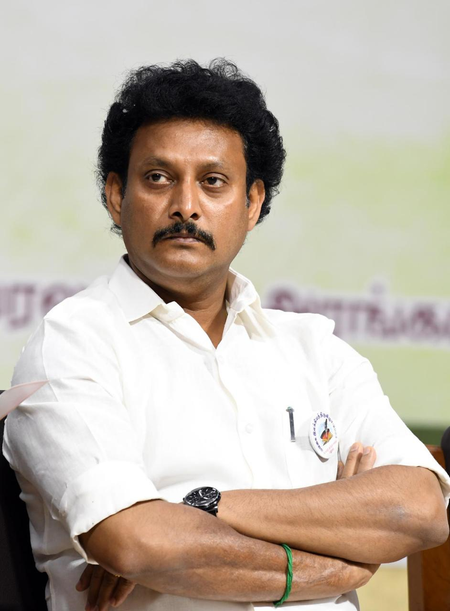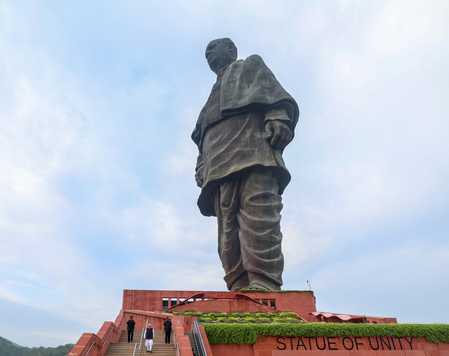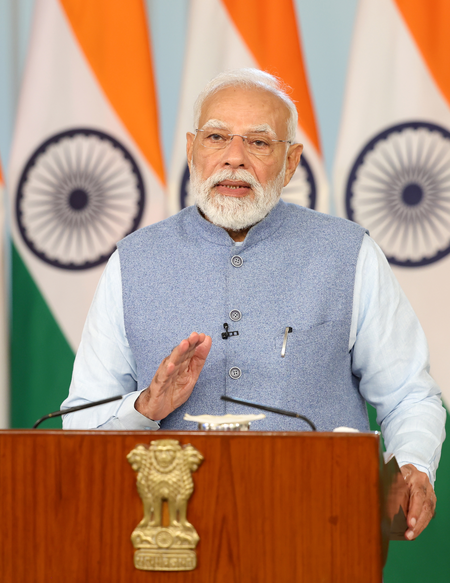
Chennai, Nov 6 (IANS) In a significant move toward implementing its proposed State Education Policy (SEP) as an alternative to the Centre’s National Education Policy (NEP), the Tamil Nadu School Education Department has initiated steps to frame a new curriculum for government schools, to be introduced from the 2027–28 academic year.
A high-level committee has been constituted under the chairmanship of School Education Minister Anbil Mahesh Poyyamozhi to steer the curriculum revision process.
The initiative is being viewed as a crucial step in aligning the state’s education system with its own policy framework, reflecting Tamil Nadu’s firm administrative and political opposition to the NEP.
School Education Secretary B. Chandra Mohan confirmed that the upcoming curriculum changes would cover all grade levels across government schools.
“The curriculum will be changed for all classes,” he said, adding that the process will take into account the unique educational objectives of the state.
The State Council of Educational Research and Training (SCERT) has been holding consultations since last year to determine the structural and pedagogical changes required in the current syllabus.
These discussions gathered momentum following the release of the State Education Policy earlier this year. To complement the curriculum committee’s work, the department has also formed a separate Programme Design Committee, headed by State Planning Commission member and noted educationist Prof. Sultan Ahmed Ismail. This panel will focus on designing and structuring programmes to ensure that the new curriculum is implemented effectively and in line with SEP goals.
According to officials, the curriculum design panel will conduct an extensive review of the existing education framework, covering syllabus content, teaching approaches, and assessment methods.
The committee will identify learning gaps and propose ways to enhance classroom engagement and competency-based learning. Inputs and feedback will be solicited from teachers, students, parents, and education experts to make the new framework inclusive and responsive to real learning needs.
“The aim is to bridge the gap between teaching objectives and actual learning outcomes while retaining Tamil Nadu’s unique socio-cultural context in education,” an official said.
Once finalised, the new curriculum will replace the existing structure, marking a milestone in Tamil Nadu’s ongoing effort to assert its independent education policy framework distinct from the NEP.
–IANS
aal/dpb




